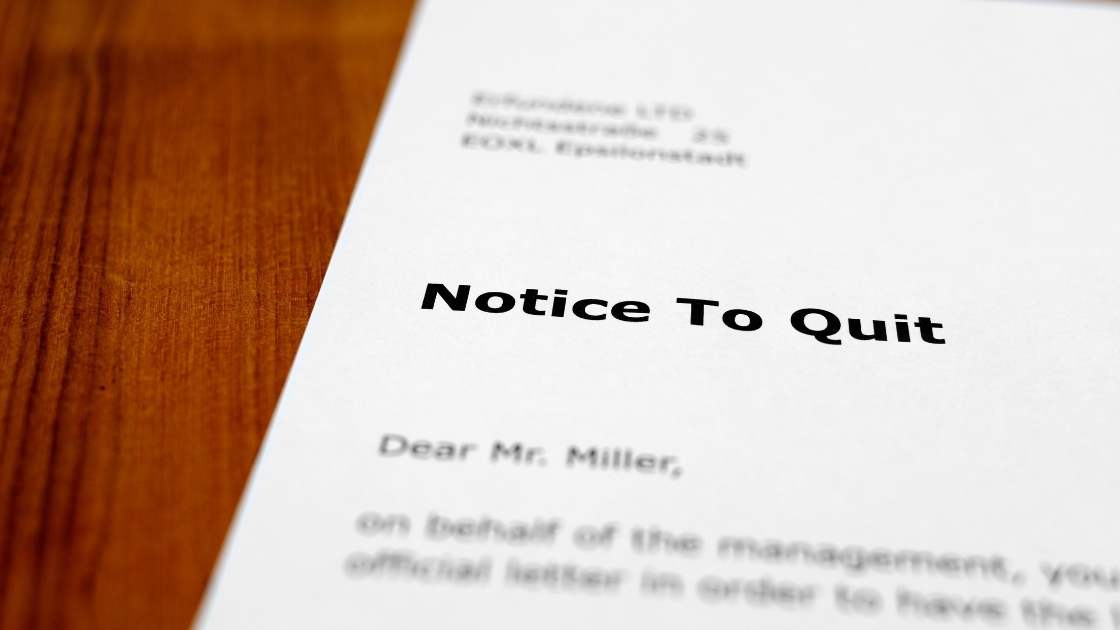Do you own a rental property in North Carolina? As a North Carolina landlord, it's vital that you remain up-to-date on the states landlord tenant law!
In the state of North Carolina, the written or verbal rental agreements give both the landlord and their tenant certain rights and responsibilities.
As a landlord, it’s important to understand everything that you’re obligated to do for your tenant. This will ensure that you’re not only able to build a solid relationship with them, but that you’re able to prevent potential legal issues.
The North Carolina General Statutes outline landlord-tenant laws, covering essential aspects such as lease agreements, deposits, eviction procedures, and tenant rights to ensure compliance and fair rental practices.
The following is a general overview of the landlord-tenant laws in the state of North Carolina.
Required Landlord Disclosures in the State of North Carolina
Each state requires landlords to make several disclosures to their tenants. North Carolina law states that landlords must make the following three disclosures to your tenant prior to signing the North Carolina lease agreement:
- Disclosure of lead-based paint. This is a requirement for North Carolina landlords renting out units built prior to 1978. You must disclose lead concentrations in paints and finishes.
- Disclosure of late fees. Do you charge tenants a fee for paying rent late? If you do, North Carolina landlord tenant law requires that you disclose it in the written lease agreement. If you don’t, the late rent fee will not be enforceable.
- Disclosure of water contamination. You must disclose and provide your tenants with a written notice of contaminant levels in the rental unit that exceed the state guidelines.

Tenants’ Responsibilities & Rights in North Carolina
Under North Carolina Law, tenants have the following rights and responsibilities. The right to:
- Not be retaliated against for exercising any of their rights, including forming or joining a tenants’ union to advocate or fight for their rights.
- Be treated equally and fairly regardless of their race, color, nationality, or other protected classes as stated under the Fair Housing Act.
- Have requested repairs carried out in a reasonable time frame. Tenants have the right to withhold rent payments if the landlord doesn't make repairs under certain circumstances.
- Break the lease early in certain legally acceptable situations.
- Live in peace and quiet enjoyment of their North Carolina rental.
- Have their deposit returned either wholly or partially at the end of the rental agreements' term.
- Be evicted through a judicial eviction process.
Tenants also have list of responsibilities and obligations which is as follows:
- Comply with all North Carolina material health and safety codes.
- Pay rent in full and on time.
- Maintain the rental unit to the required habitability standards.
- Ensure waste disposal is done in a safe and clean manner.
- Maintain all components and fixtures in a clean and sanitary condition.
- Notify the landlord whenever repairs need to be made to the smoke or carbon monoxide detector.
- Not to unreasonably cause disturbance to other tenants.
- Care for the North Carolina rental property.
- Comply with the rules of the lease.

North Carolina Landlords’ Rights & Responsibilities
Landlords have certain rights and responsibilities under the NC General Statutes Chapter 42 Article 5. A landlord has a right to:
- Evict tenants who violate a term of the lease or rental agreement.
- Ask tenants to pay a security deposit.
- Charge a fee as outlined in the lease, if tenant fails to make rental payment on time or if they withhold rent.
- Screen prospective tenants as long as the process is free from any bias on the basis of certain protected classes.
- Charge as much rent as you want for rent payments and increase rent for whatever reason.
- Enter your tenant’s rented rental property to perform required tasks such as repair.
The following is a list of responsibilities and obligations for North Carolina landlords have during the entire lease duration, according to the landlord tenant law:
- Abide by all terms of the lease or rental agreement.
- Treat all tenants fairly regardless of their race, color, nationality, and any other protected class under the NC Fair Housing laws.
- Only make allowable deductions on a North Carolina tenant’s security deposit.
- Follow the statewide eviction process when removing a tenant from their rented premises.
- Carry out requested property repairs in a timely and reasonable manner.
An Overview of North Carolina’s Landlord-Tenant Laws
Tenant Evictions in North Carolina
Landlords can evict your North Carolina tenant for a number of reasons. The most common reasons for eviction in the state include the following:
- Failure by the North Carolina tenant to pay rent on time.
- Violating a term of the lease agreement, such as unlawfully subletting the rental property.
- Failure by the tenant to leave after their North Carolina lease agreement has expired.
- Engaging in illegal activities.

Each reason for eviction requires a specific legal procedure that landlords must follow, including providing a written notice for eviction. The type of eviction notice sent depends on the lease agreement violation, and if the tenant fails to comply, the landlord may need to take the case to court. Ultimately, a court will determine whether the eviction is lawful and issue a ruling accordingly.
Security Deposits in North Carolina
As a landlord, you have the right to charge renters a security deposit. You also have a responsibility to abide by the statewide security deposit rules. The following are some of those rules:
- Charge the right amount. For leases that run weekly, landlords must charge a maximum security deposit of two weeks’ rent. For month-to-month leases, landlords must charge no more than 1.5 months’ rent. And for leases that are greater than month-to-month, you must charge no more than two months’ rent as security deposits.
- Return the deposit on time. North Carolina landlords must return their renter's security deposit within 30 days after they move out.
- A landlord can only make allowable deductions from their tenant’s security deposits.
If a landlord withholds any portion of the security deposit for damages or unpaid rent, and the tenant disputes the charges, the matter may be resolved in small claims court, where a judge will determine whether the deductions were justified under NC law.
Early Lease Termination in North Carolina
Renters in North Carolina can break their lease early in certain legally acceptable circumstances including:
- In the event that there’s an early lease termination clause.
- If a tenant is starting active military service.
- If the tenant experienced landlord harassment.
- If the landlord fails to keep the unit habitable.
Please note, however, that North Carolina landlords have a duty to “mitigate damages” after a tenant moves out.

Housing Discrimination
The Fair Housing Act prohibits landlords from discriminating against their renters on the basis of 7 classes: race, color, religion, nationality, sex, disability, and familial status.
The state of North Carolina doesn’t offer any additional protections beyond those offered at the federal level. The state department tasked with handling housing discrimination complaints is the North Carolina Office of Administrative Hearings’ Civil Rights Division.
Bottom Line
Understanding the North Carolina landlord-tenant laws will help you keep your rental operation legally compliant. If keeping up with your legal and management duties is daunting, consider hiring a North Carolina property manager or speaking with an attorney.
For expert legal and management help turn to the trusted team at House In Order Property Management. We are a professional property management company you can rely on. We serve Asheville and the surrounding areas. Get in touch to learn more!
Disclaimer: This blog should not serve as a substitute for professional legal advice from a qualified attorney. Laws change and the content in this post may not be updated at the time of your reading.
